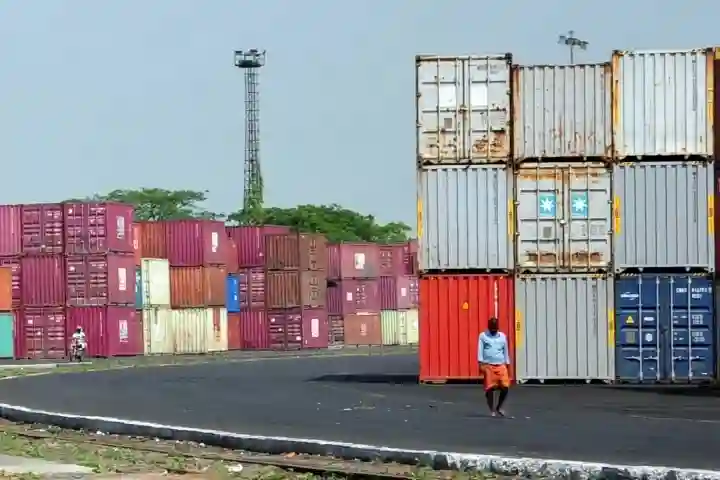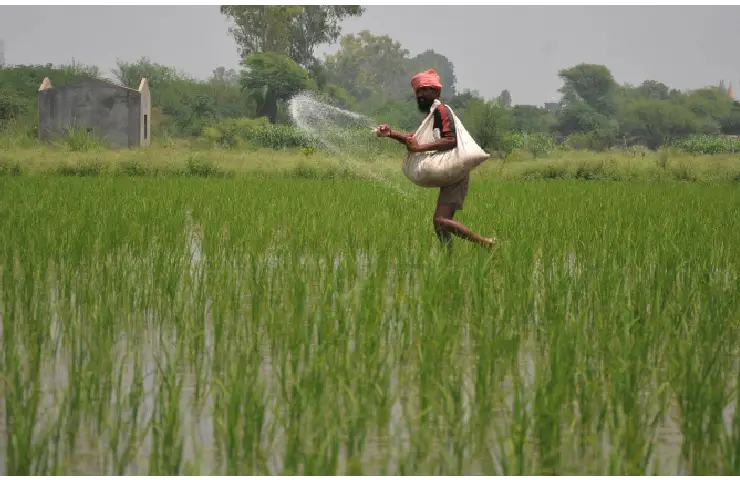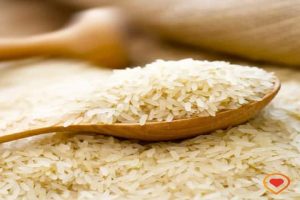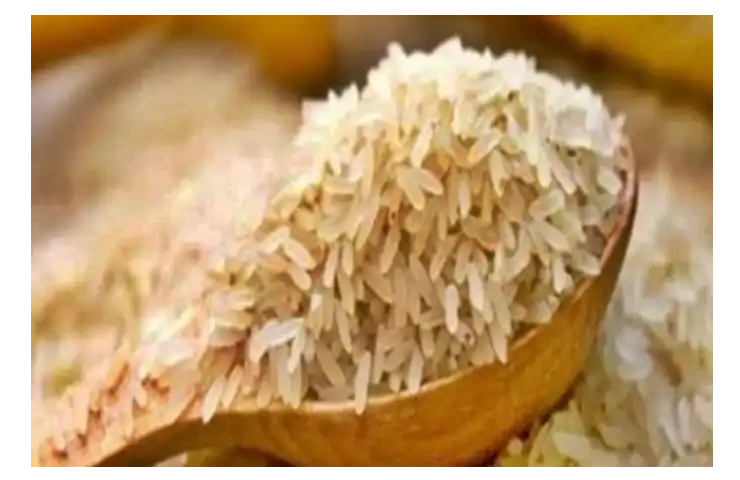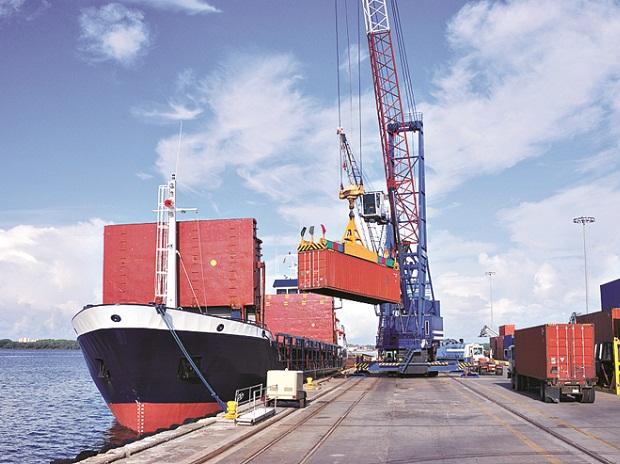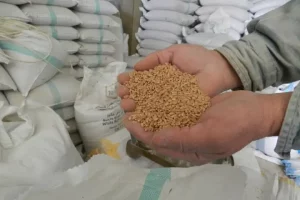Shortage of shipping containers has severely strained India’s rice exports, which touched a record of 17.71 million tonnes in 2020-21 marking an increase of 86 per cent. As demand for rice exports increased, shortage of containers has become a cause for concern. The shortage of containers has also pushed up prices.
According to India Seatrade News, the expenses for carrying a container from or onwards to India at the moment are going at $7,000-$10,000, up from $3,000-$4,000 six to eight months in the past.
A container from India enroute the US that took about 90 days in the pre-Covid phase, takes about 150 days at present.
Also read: India is now China's main rice supplier
This has hit Indian exporters at a time when supplies from other rice producing countries such as Myanmar, Thailand and Vietnam among others are opening up and overall prices of the grain are easing.
In 2020-21, India topped the list of rice exporting countries fetching $8.82 billion in foreign exchange. Among agriculture items, rice is the biggest foreign exchange earner.
“Shortage of containers is coming as a challenge for exporters and the issue must be resolved at the earliest,” Vinod Kaul, executive director, All India Rice Exporters’ Association told India Narrative.
Kaul said exports to countries in the Middle East, Europe besides the US have become of challenge.
The kharif rice production in the current financial year is set to touch a record level of 107.04 mt — slightly higher than the 104.41 mt produced in the previous fiscal year.
Sources said that despite the farmers’ agitation over the three farm sector bills that were introduced in Parliament, production has increased.
“What is worrying is the non availability of containers,” an exporter said.
Meanwhile, Prime Minister Narendra Modi has announced repealing of the three bills.
Also read: India records 15% rise in export of agricultural, processed food products
In September 2020, the government introduced three farm reform bills — The Farmers’ Produce Trade And Commerce (Promotion And Facilitation) Bill, The Farmers (Empowerment and Protection) Agreement on Price Assurance and Farm Services Bill, and The Essential Commodities (Amendment) Bill. These bills, aimed at creating a free market for sale of farm produce and removing the involvement of middlemen, have faced stringent opposition from farmers across.
Since then farmers’ organisations along with several other vested groups have been vehemently protesting against the move.






